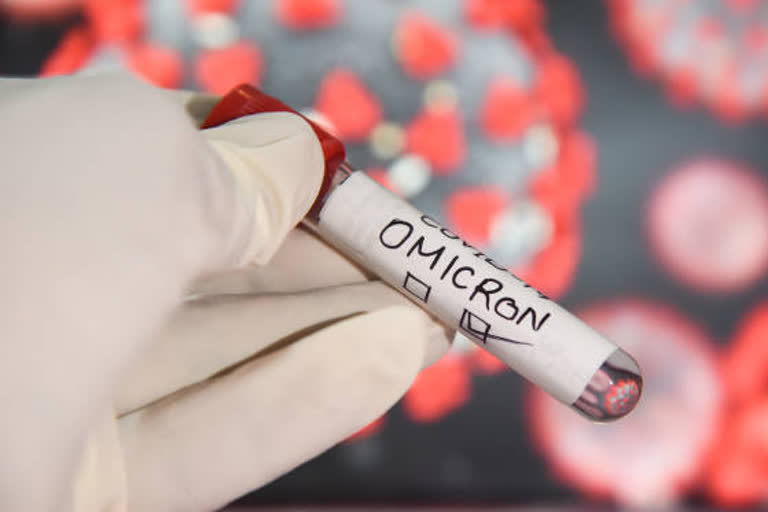London: The BA.2.75.2 variant of Omicron largely evades neutralising antibodies in the blood and is resistant to several COVID-19 antibody therapies, according to a study published in The Lancet Infectious Diseases journal. The findings by researchers at Karolinska Institutet, Sweden suggest a risk of increased SARS-CoV-2 infections this winter, unless the new updated bivalent vaccines help to boost immunity in the population.
"While antibody immunity is not completely gone, BA.2.75.2 exhibited far more dramatic resistance than variants we've previously studied, largely driven by two mutations in the receptor binding domain of the spike protein," said the study's corresponding author Ben Murrell, an assistant professor at Karolinska Institutet.
The SARS-CoV-2 virus uses the spike protein to enter and infect the human cells. The study shows that antibodies in random serum samples from 75 blood donors in Stockholm, Sweden were approximately only one-sixth as effective at neutralising BA.2.75.2 compared with the now-dominant variant BA.5. The serum samples were collected at three time points: In November last year before the emergence of Omicron, in April after a large wave of infections, and at the end of August to early September after the BA.5 variant became dominant.
